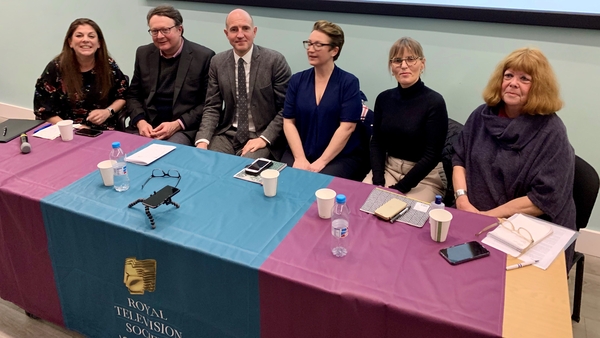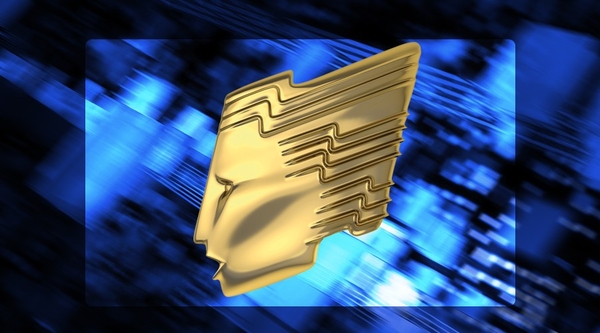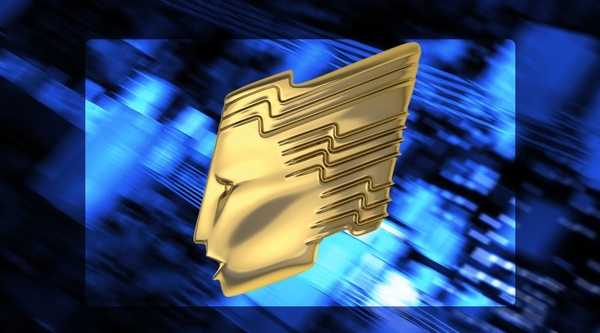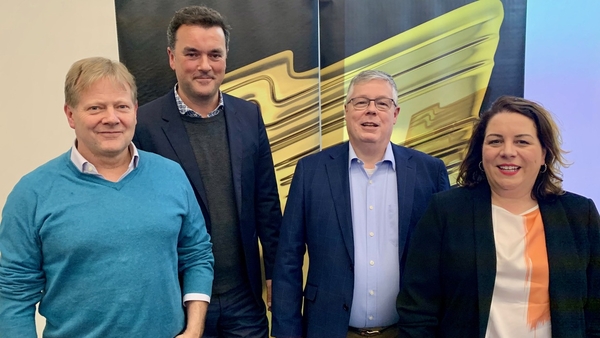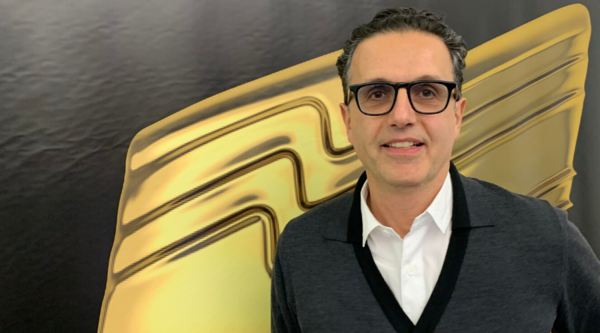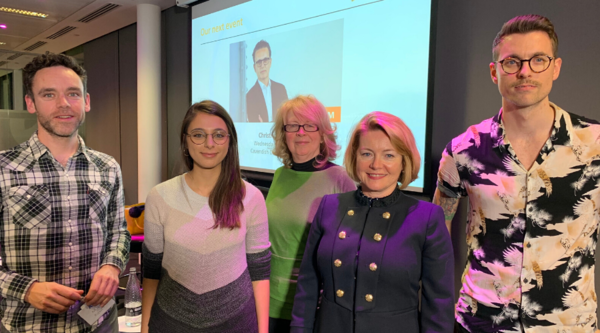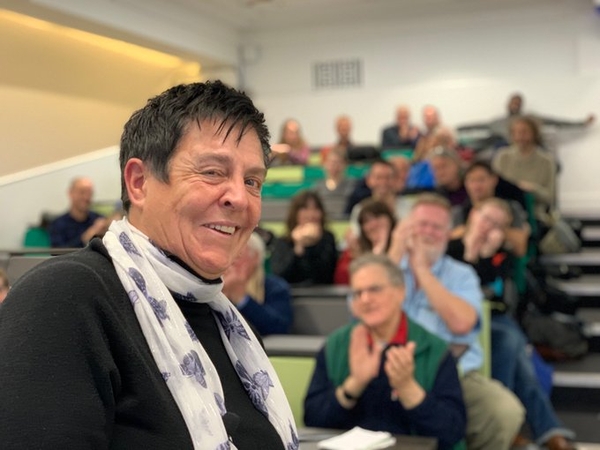RTS London hears how AI has plugged programming gaps
In late August, RTS London invited a panel of Arrow representatives, chaired by Muki Kulhan, to explain how the factual indie did it.
Production executive Carrie Pennifer explained that lockdown had meant no shooting or access to the edit suite, and everyone working remotely. Post-production manager Kyran Speirs had more than 20 unfinished programmes to deliver.


